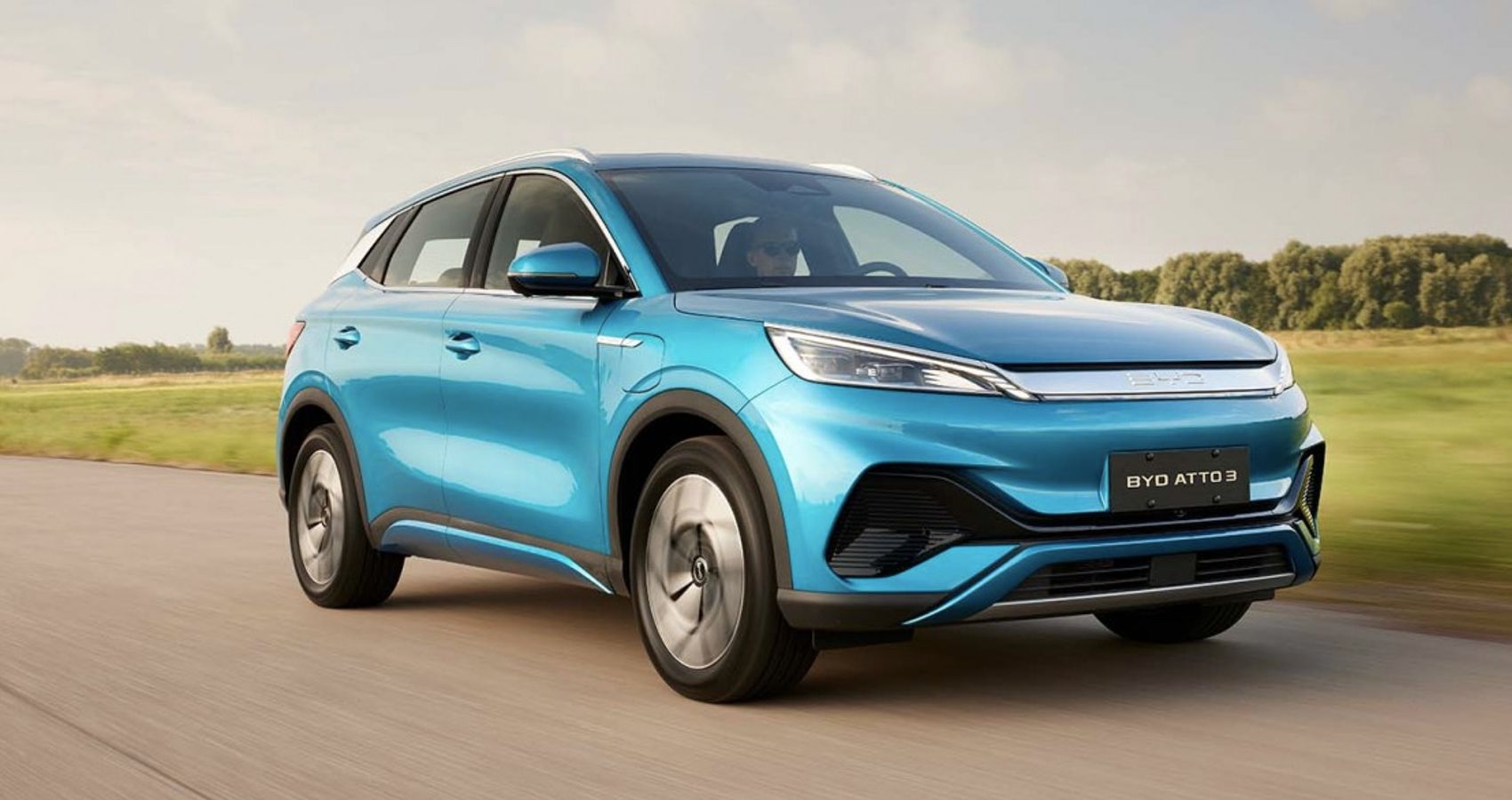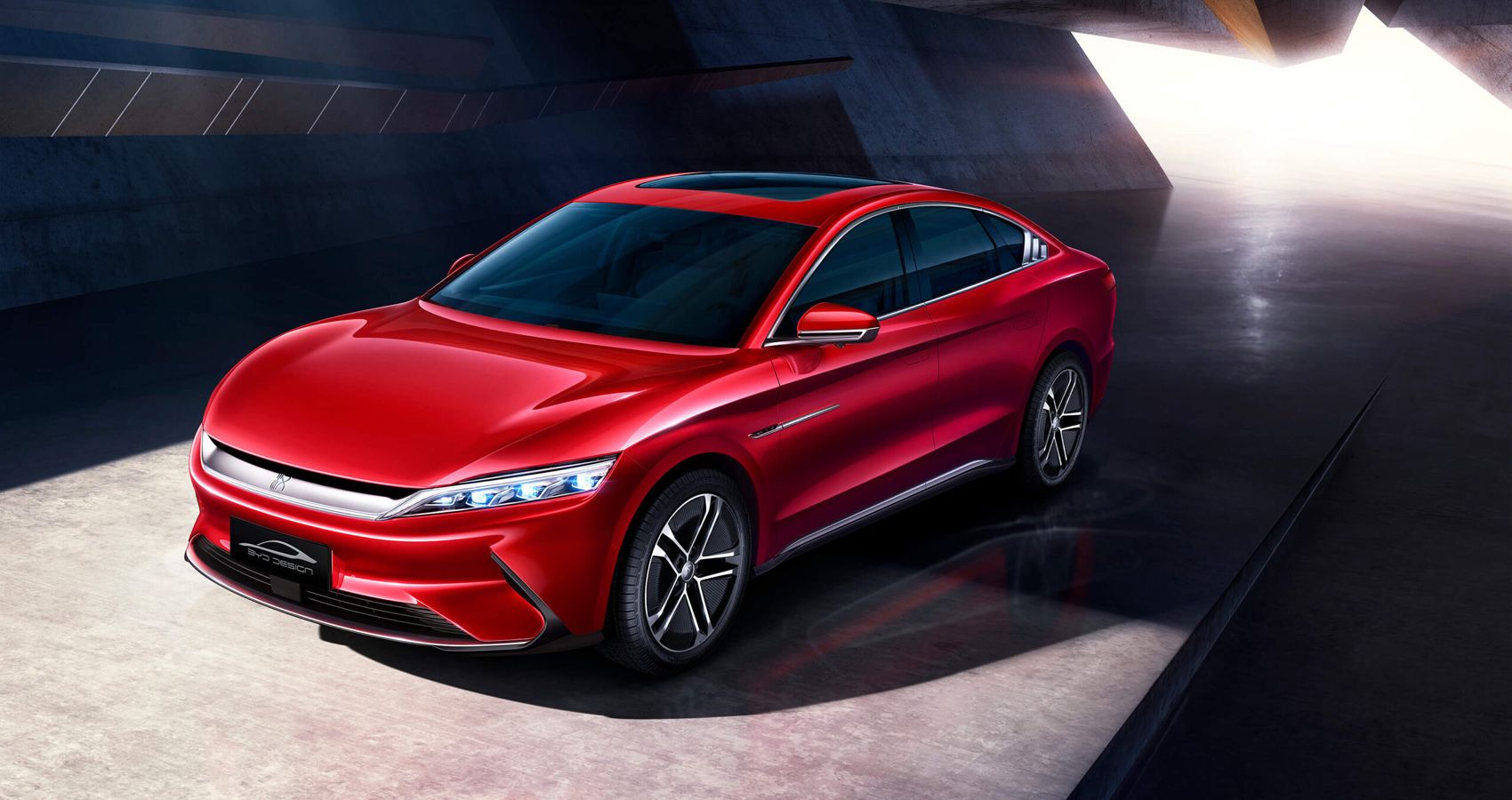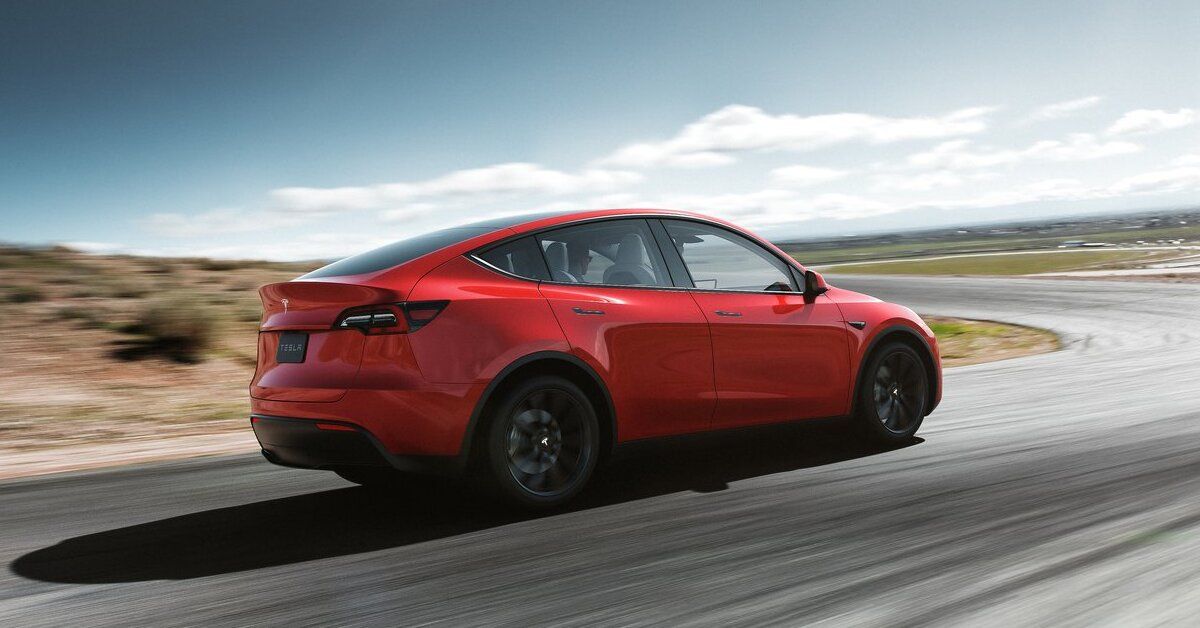One of the leading manufacturers of electric cars in China is BYD, short for Build Your Dreams. Backed by the "Oracle of Omaha," Warren Buffett, BYD controls the lion’s share of China's EV industry, and with good reason. It revolutionized the EV market by revealing an ultra-safe game-changing Blade Battery, setting new benchmarks for other EV makers.
Updated February 2023: In the ever-evolving world of electric vehicles, the Chinese carmaker BYD has turned out to be a kingpin. It is not due to their cars but because of its cheaper and safer Blade battery technology. We have updated this article with more information on why BYD blade batteries are superior to any other battery technology in the market. And we also tell why even Tesla is betting on it.
As the entire automotive industry is going electric, the demand for EV batteries has skyrocketed. Many automakers have benefited from this sudden rise in demand, and BYD has been the front-runner in this area. That said, its Blade battery is an innovation and something that sets it apart from the others in the market. Let’s have a look at the intricacies of the BYD Blade battery and why Tesla, too, might be using it soon.
BYD’s Blade Battery Is Better Than Conventional Li-Ion Packs
The new Blade batter incorporated into all BYD vehicles comes developed from FinDreams Battery, an independent subsidiary of the Chinese automaker. The Blade battery itself is not new news, considering it debuted in March 2020, with tall claims of being the safest and the best on the market.
Much like its name, the proprietary Blade battery resembles a blade, with positive and negative terminals on each end. Each “Blade” is 37.8 inches long, 3.5 inches tall, and only 0.53 inches wide. These individual cells fit together in an array, and then a battery pack encloses them. This kind of cell-to-pack technology maximizes the use of space by over 50% as compared to conventional cylindrical lithium-ion phosphate batteries.
Since more cells fit into the battery pack, the Blade battery also provides higher energy density. Each cell or Blade also provided structural integrity to the battery pack, thus supporting claims of being stronger and safer. You get more power from a more concise battery, which leads to EVs being lighter and less bulky as well.
BYD Blade Batteries Are Safer
One of the significant concerns in EVs is battery safety, given that a violent crash can lead to the combustion and explosion of lithium-ion batteries. From Tesla to Hyundai, most EV makers have experienced battery fires from overheating and, sometimes, for idiopathic reasons as well. It’s simple, to make EVs more feasible, the batteries have to be safer.
One of the advantages that Blade batteries offer in this context is the use of lithium iron phosphate (LFP) for the cathode material. This promises better safety than conventional lithium-ion batteries, given that LFP has more stable chemistry, even at temperatures as high as 930 °F (500 °C).
BYD’s Blade battery also passed the industry’s “Everest” test, which includes a nail puncture to prove that the battery would not ignite in case of an internal short circuit. Other batteries’ surface temperatures rose enough to explode or char an egg dropped on them during this test. But the BYD battery remained at a cool 30-60 °C (85-140 °F), leaving the egg mostly unchanged and undamaged. This implies that BYD batteries stay cool under pressure and heat.
Another extreme test that the battery passed was when a 46-ton truck rolled over it, and it remained intact minus any smoke, fire, leakage, or even deformation. BYD stated the same battery was perfect and ready for EV installation.
The Blade battery reportedly came through in other tests as well, including some rather extreme ones where the testing team overcharged it by 260% and then also crushed, bent, and heated it in a furnace to 300 °C (572° F). The BYD battery remained unmoved, much like Superman. So then, what is its kryptonite?
BYD battery-equipped cars do catch fire, sometimes While it’s safe to assume that as compared to other more conventional batteries, the BYD batteries may be safer, one cannot rule out the risk of fire 100%. 11 fires in BYD vehicles have come to the light from 2020 to 2022, most of them involving the Chinese EV, BYD Han.
Given that Chinese media is quick to cover most such cases and news doesn’t easily slip out, the cause behind these fires remains unknown. In one case, where a BYD Han vehicle caught fire after a crash test, BYD was quick to blame the use of a non-approved coolant by the testers. For now, it seems the BYD Blade batteries could be the safest, but actual testing can only begin once they or the cars reach US soil.
Does Tesla Use BYD Blade Batteries?
We will soon be having Tesla electric cars packed with safer BYD Blade batteries. And the first indication of this is the fact that Tesla has started using BYD blade batteries for Tesla Y cars made in its Berlin Gigafactory. While for various reasons, Tesla has confined the usage of Blade batteries to the Berlin factory only.
It is a no-brainer that they will be expanding the cheaper and safer 'blades' to other giga factories as well. There is also news that Tesla will use a new type of Blade Battery for its alleged new car, Model 2, a proposed compact and affordable EV to cost under $25,000.
Source: BYD

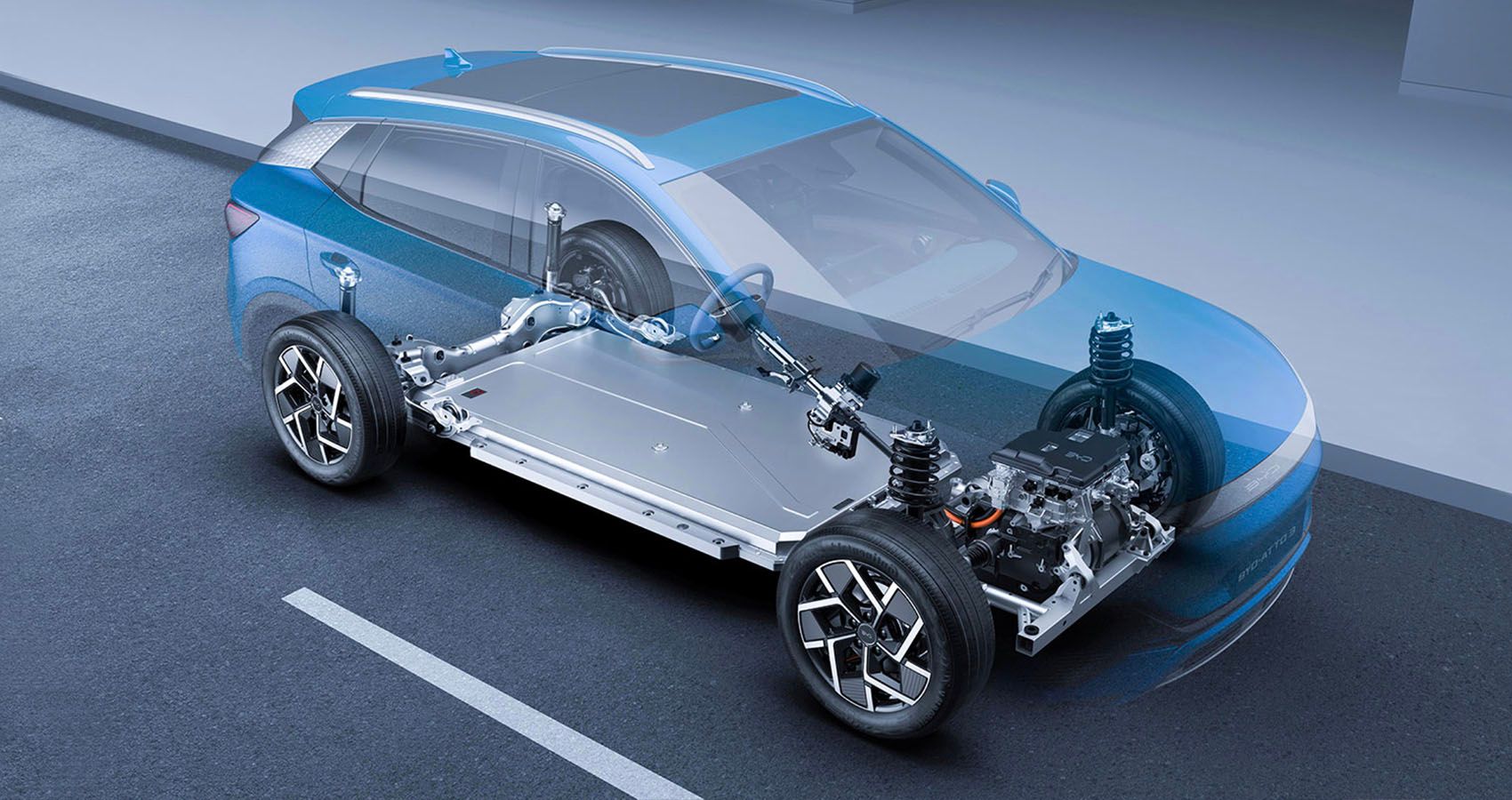
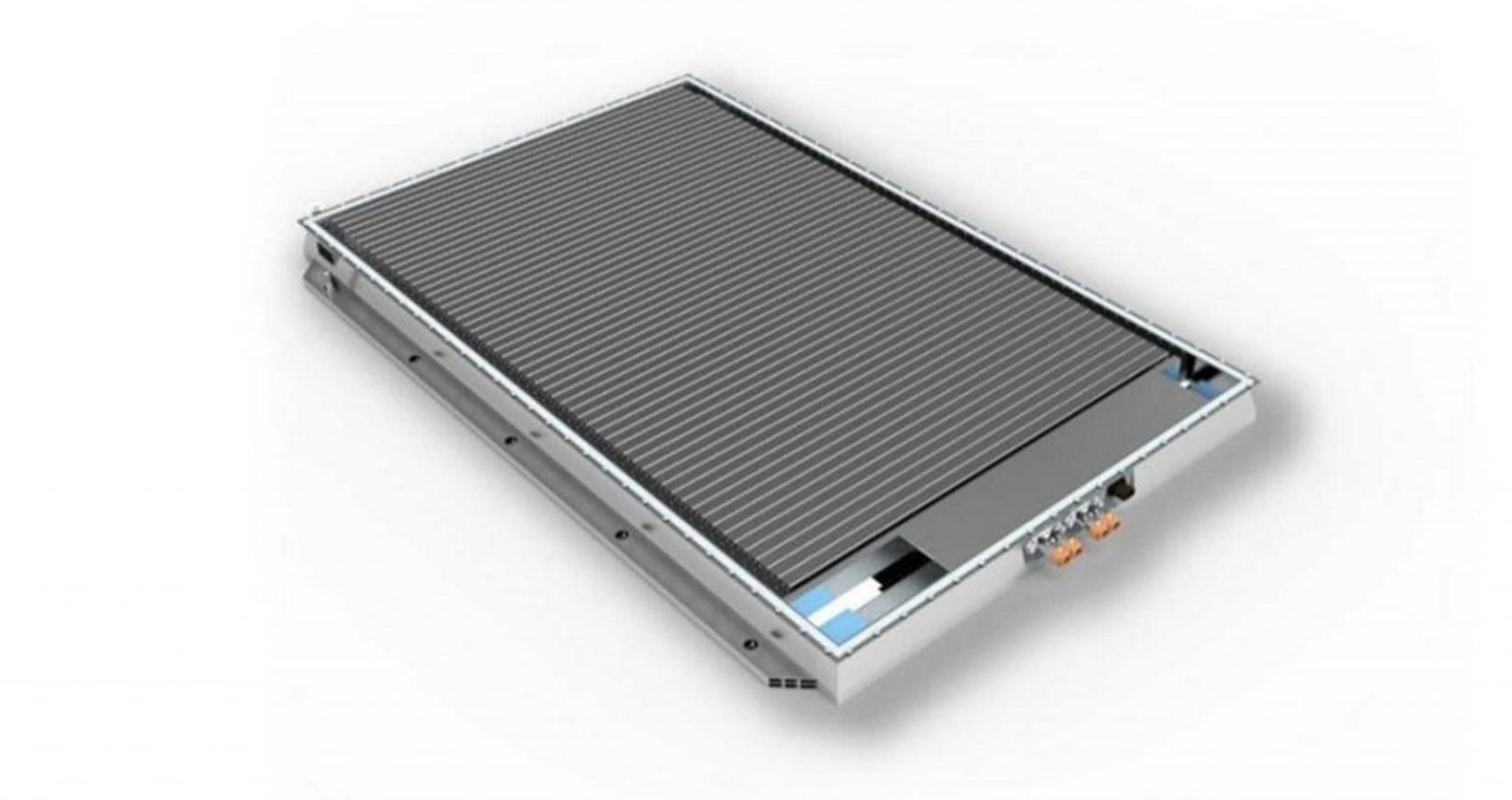
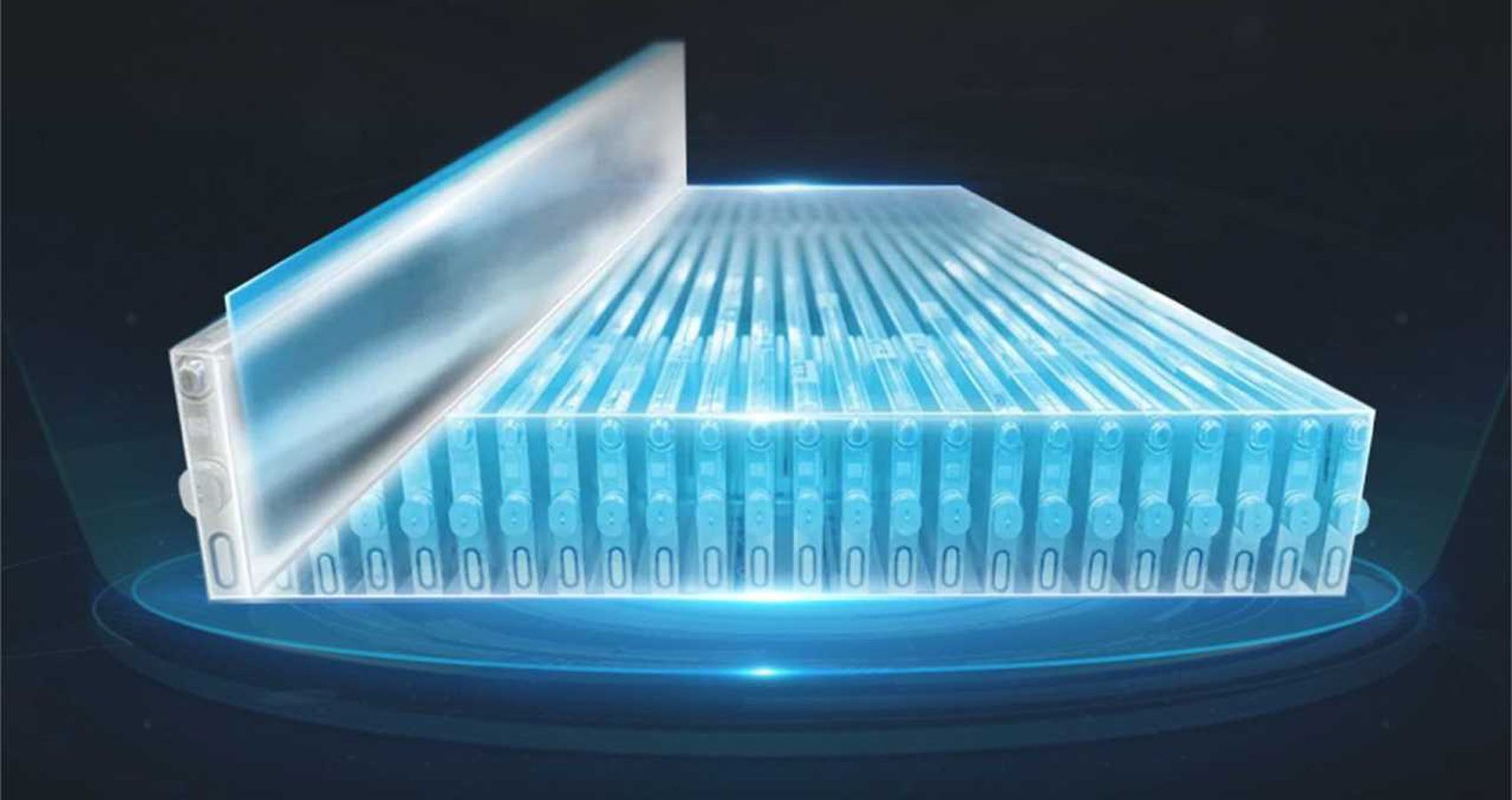
.jpg)
